The Consell de Mallorca has presented the Serra de Tramuntana World Heritage Law, which aims to guarantee its protection and sustainable development. The law has involved more than 170 people through participatory processes, including all the mayors of the Serra de Tramuntana, experts, institutions, entities and individuals.
The law guarantees the objectives of the Unesco declaration to improve the preservation, protection and revitalisation of the Serra de Tramuntana, according to the Consell de Tramuntana. And it extends the protection zone by more than 5,700 hectares, which means that some 5,000 new landowners will be added to the benefits, in terms of the possibility of applying for subsidies and the responsibilities of caring for this world heritage site. Administrative simplification and the introduction of measures to help and support all the administrations and individuals involved in the conservation of the UNESCO cultural landscape are some of the central aims of the regulations.
It also provides for the creation of a support office to streamline, modernize, simplify and improve the procedures for citizens in connection with Serra de Tramuntana subsidies, regardless of which administration is responsible, and to improve the efficiency of the subsidies, optimize the resources allocated and facilitate administrative management. The Consell envisages the possibility of the Support Office travelling between the different municipalities of the Serra de Tramuntana in order to avoid travelling and to bring the supra-municipal administration closer to the citizens.
Support for organic farming
The Serra de Tramuntana Law includes a whole range of tools aimed at recovering the agricultural landscape of the Serra de Tramuntana and preserving it. It also establishes a special regime for the protection of olive trees and olive groves, one of the main values of the Serra’s agricultural landscape.
Another of the milestones of the Serra law is the safeguarding and promotion of the use of the dry stone technique, declared intangible heritage by Unesco. The marjades, margins, walls, paths and drainage systems are particularly protected, as well as ethnological elements of special interest, such as snow houses, possessions, tafones, cellars and other traditional constructions. It is also intended to preserve other specific elements, such as irrigation systems, painted tiles, historical hydraulic and drainage systems, among others.
Likewise, within the framework of the climate emergency, the law provides for measures to adapt to and mitigate climate change, with the promotion of renewable energies and the reduction of greenhouse gas emissions and pollutants. Other measures are also envisaged to prevent environmental disturbances of different types, both light and noise pollution, and a whole series of environmental sustainability measures also focused on mobility and avoiding saturation points.
The new regulation includes that the Consell de Mallorca, by agreement of the Plenary, may limit the maximum annual number of non-permanent activities involving the use of motor vehicles.

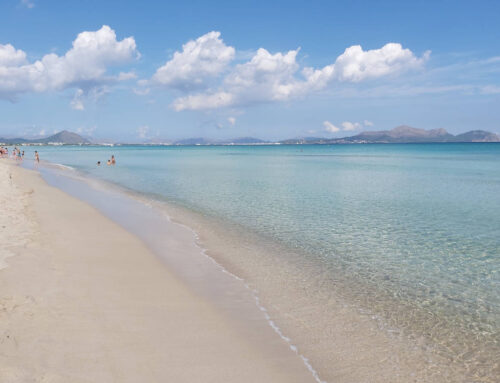
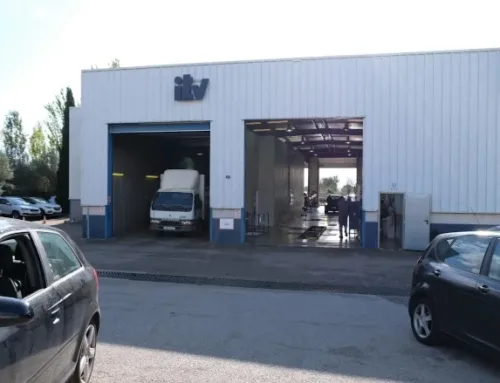
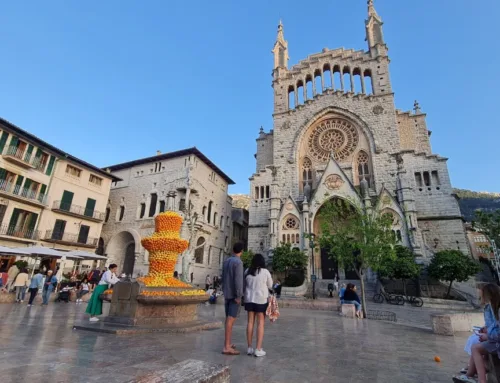
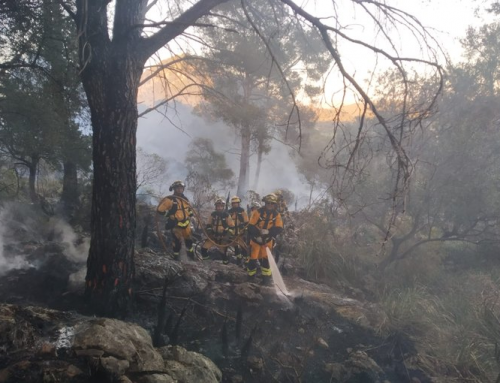
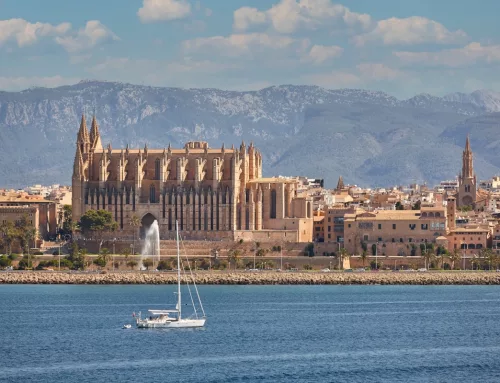

Leave A Comment